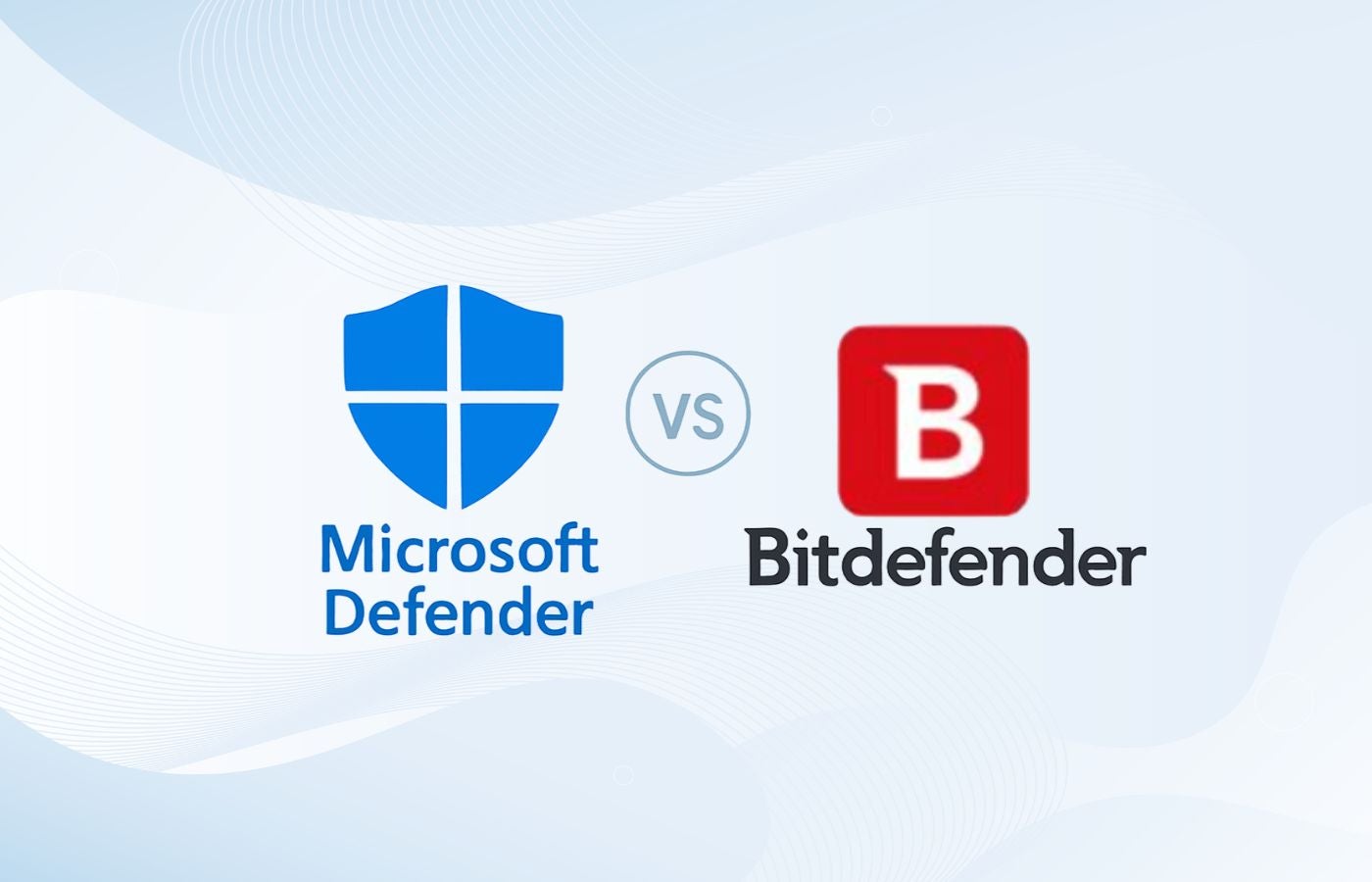See our complete list of top DDoS vendors.
Company Description
Founded in 2002, Imperva was originally named WEBcohort before its renaming in 2004. The company went public in 2011 and acquired Incapsula in 2015. Today, the company focuses on distributed denial of service (DDoS) protection, Website security, content delivery and load balancing.
Product Description
Imperva, like other vendors, uses a multi-tier approach to blocking DDoS traffic. Imperva Incapsula filters traffic through a web application firewall, a DDoS rules engine, and a series of progressive challenges. The process is said to be invisible to legitimate traffic, and legitimate visitors will not encounter latency, CAPTCHAs or wait screens.
Markets and Use Cases
Enterprise, government and healthcare
Metrics
Imperva has a network capacity of 3 Tbps and a scrubbing capacity of 3 Tbps.
Security Qualifications
FISMA, NIST SP 800-53 and 800-137, DoD DISA, IRS 1075, FIPS 140-2, Common Criteria. The Imperva Website lists 20 different DDoS attack types that it can block.
Intelligence
Incapsula prevents direct-to-IP DDoS attacks by hiding the IP of your origin server. For maximum effectiveness, the company suggests changing your origin IP address after onboarding.
Delivery
Cloud
Agents
Agents are not required.
Pricing
Its business plan sells for $299 per site per month. Professional plans sell for $59 per site per month.




